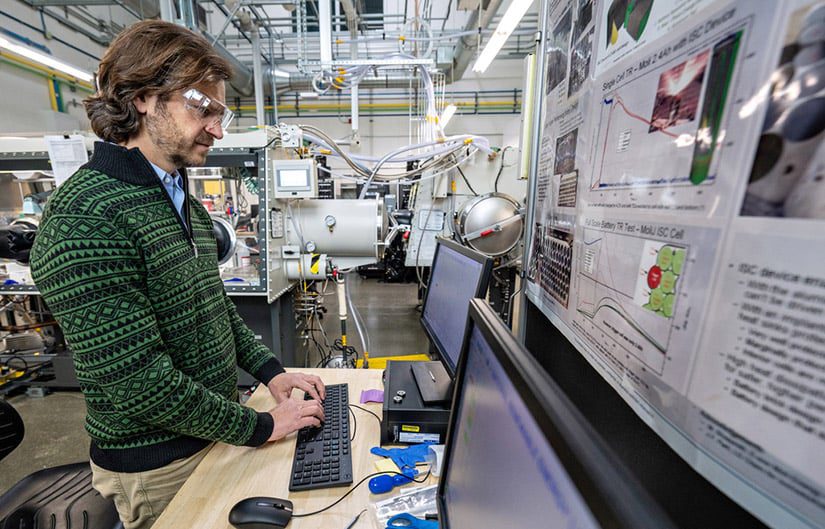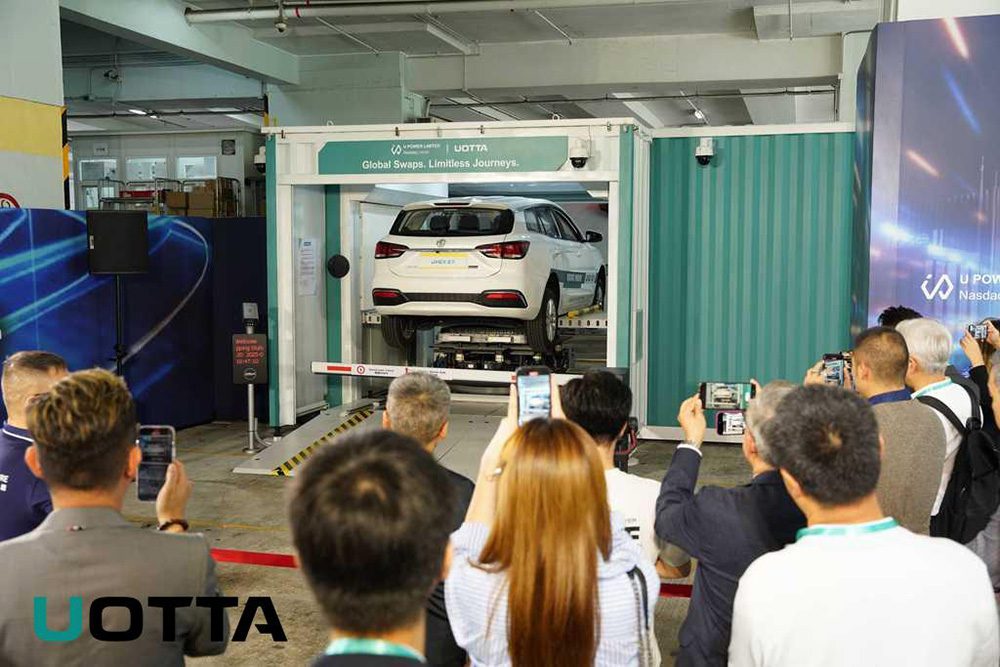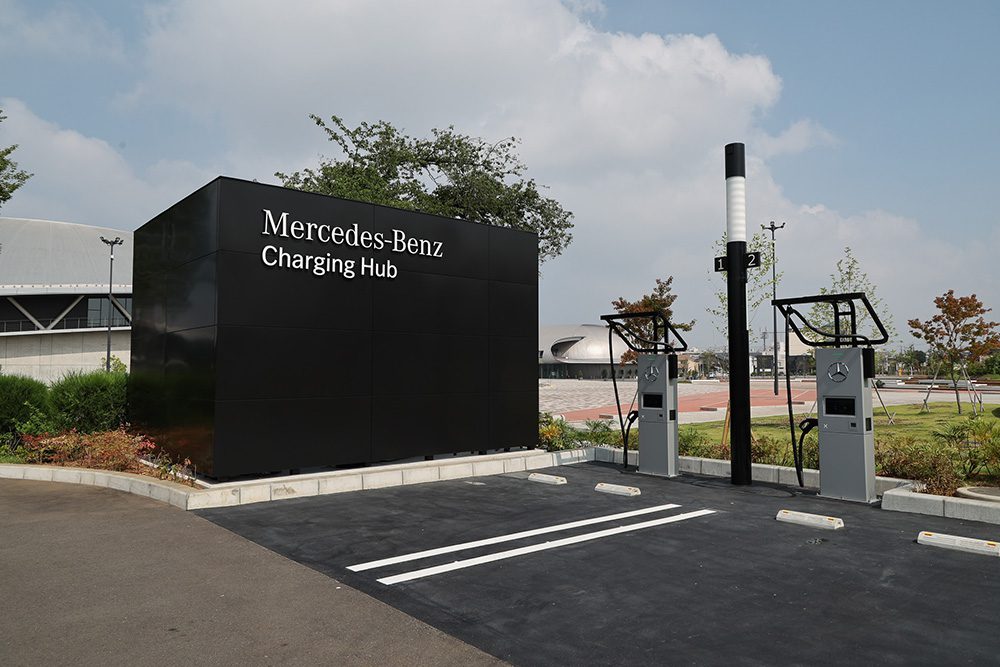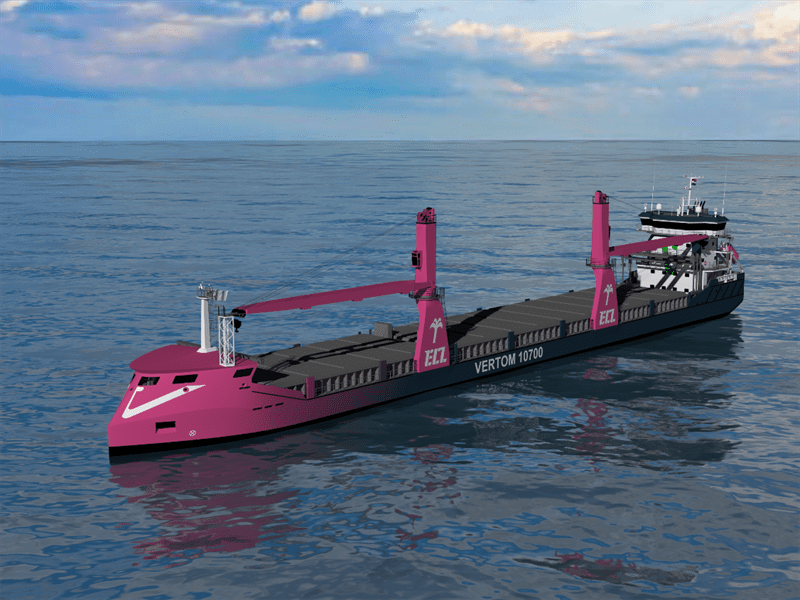The Canadian government has released a new budget that includes a $5,000 incentive for EV purchases (the provinces of Quebec and British Columbia already offer incentive programs, and so did Ontario, until a recently elected provincial government cancelled them). However, the price of eligible vehicles is limited to $45,000, which excludes all currently available Tesla models.
The proposed budget reads (as reported by Electrek): “To encourage more Canadians to buy zero-emission vehicles, Budget 2019 proposes to provide $300 million over three years, starting in 2019-20, to Transport Canada to introduce a new federal purchase incentive of up to $5,000 for electric battery or hydrogen fuel cell vehicles with a manufacturer’s suggested retail price of less than $45,000. Program details to follow.”
The proposal would also make EVs “eligible for a full tax write-off in the year they are put in use,” a measure designed to encourage commercial fleet operators to hasten the transition to zero-emission vehicles. The budget also includes new EVSE investment of $130 million over five years, as well as a program to encourage automakers to meet “voluntary zero-emission vehicle sales targets.”
As Electrek and many others have noted, purchase incentives are a blunt instrument – a carbon tax would be a much more efficient way to reduce emissions, and would allow the market to decide on the best ways to do so. Furthermore, the wisdom of the price limit is highly doubtful (Tesla recently played a round of cat-and-mouse with the German government over this issue). The self-evident argument that Tesla buyers don’t need tax breaks misses the point. Purchase incentives don’t just reward people who buy EVs – they also encourage automakers to build them. And, whereas middle-income buyers may see a LEAF as an alternative to a fuel-efficient Camry or Accord, high earners are more likely to be weighing a Tesla against a carbon-spewing BMW or Mercedes SUV.
Be that as it may, political realities are much the same in Canada as in the US: politicians (and most voters) shun anything that’s called a tax, but usually welcome anything that’s called a tax break. And the evidence from around the world is clear: purchase incentives do tend to increase EV sales. So, we’ll take it, eh?



















































































